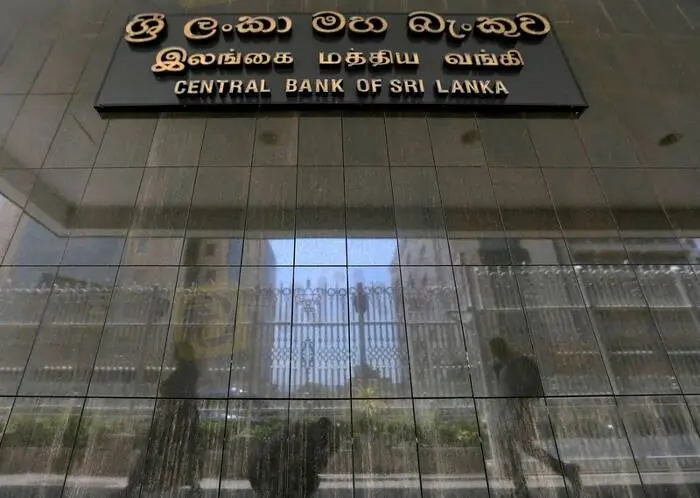简体中文
繁體中文
English
Pусский
日本語
ภาษาไทย
Tiếng Việt
Bahasa Indonesia
Español
हिन्दी
Filippiiniläinen
Français
Deutsch
Português
Türkçe
한국어
العربية
Sri Lanka tightens trade rules to boost currency reserves
Abstract:Sri Lanka’s Central Bank tightened trade restrictions on Saturday, ordering exporters to repatriate foreign exchange earnings within 180 days of transactions in a bid to improve country’s depleting foreign exchange reserves.
Sri Lanka‘s Central Bank tightened trade restrictions on Saturday, ordering exporters to repatriate foreign exchange earnings within 180 days of transactions in a bid to improve country’s depleting foreign exchange reserves.

Sri Lanka is tackling its worst financial crisis in over a decade, struggling to pay for critical imports including fuel, food and medicines and with just $2.31 billion of reserves.
The banks moves include mandatory currency conversion for exporters of goods and services to change their foreign exchange earnings into Sri Lankan rupees.
“All licensed banks are required to strictly monitor receipts of goods to Sri Lanka,” the central bank stated in a notification, adding that it “has the right to initiate action against non-compliance by any exporter or licensed banks”.
The state-run oil company on Friday increased prices by 55 to 95 rupees (22-24 cents) per litre for most fuels to offset losses after Sri Lanka introduced a flexible exchange rate that saw the rupee plunge 30% to 260 rupees to the dollar.
($1 = 250.0000 Sri Lankan rupees)
(Reporting by Uditha Jayasinghe; Editing by Rupam Jain, Stephen Coates and William Mallard)
Disclaimer:
The views in this article only represent the author's personal views, and do not constitute investment advice on this platform. This platform does not guarantee the accuracy, completeness and timeliness of the information in the article, and will not be liable for any loss caused by the use of or reliance on the information in the article.
WikiFX Broker
Latest News
INFINOX Partners with Acelerador Racing for Porsche Cup Brazil 2025
Global Panic Builds as Forex Shifts into Risk-Off Mode
Shocking! Oil Prices Plunge Below $60
BI Alerts Filipinos: Telegram, Facebook Used for Trafficking Scams
AUD/USD Hits New Lows as Panic Selling Unfolds Amid Robust U.S. Jobs Report
SEC Fines Velox Clearing $500,000 for SAR Failures
How to protect your money during Black Monday
FCA Released New List of Unauthorized Brokers
Singapore Authorities Warned Against WeChat, UnionPay, Alipay Impersonation Scams
Deepfake Scams Nearly Drain $499K from Business
Currency Calculator







